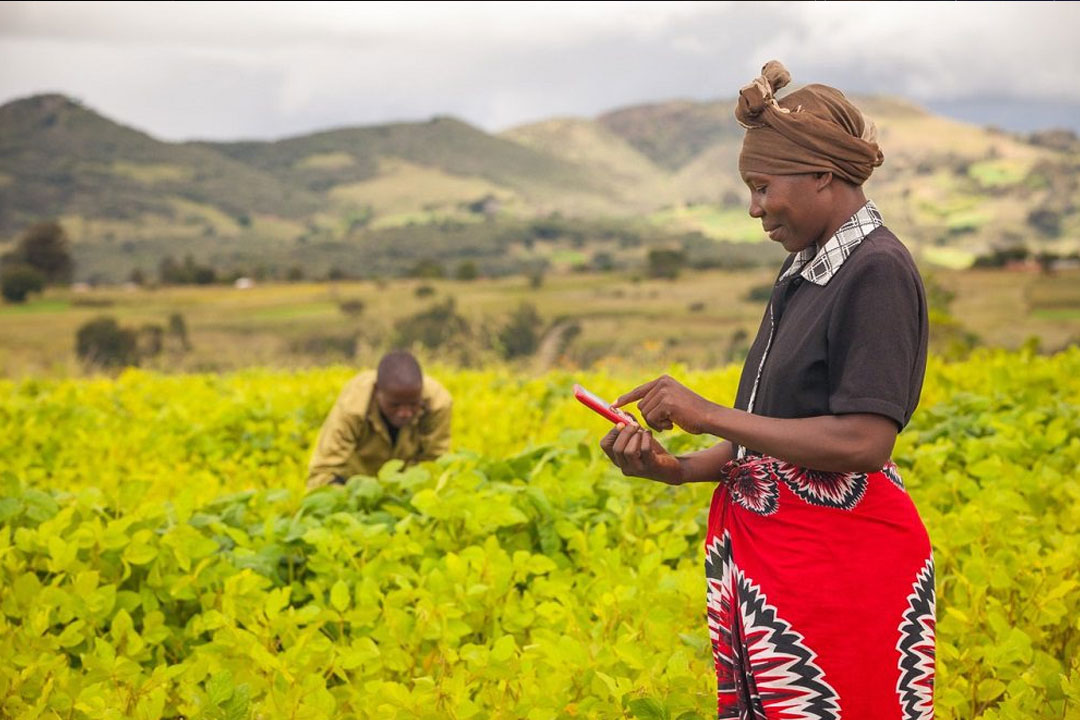
The United States’ Agency for International Development (USAID) has granted $28 million towards a project aimed at increasing the income of over 200,000 small-scale farmers in Rwanda. The project is expected to run through 2028 and will be cost-shared by the project recipients. This is part of the five-year Feed the Future Rwanda Hinga Wunguke Activity.
The project aims to boost market access for agricultural produce and work with actors in the agricultural value chains, from production at the farm level to consumers. The goal is to enable effective agricultural produce marketing, based on the market demand, and address the issue of post-harvest losses that farmers have been incurring because of market access challenges.
One of the project’s main objectives is to enforce contract farming under the enabling environment component of the project, to avoid situations where farmers are hurt in the process. The project will not include coffee, tea and spicy crops such as chilli. Instead, high-value crops that generate more income for the farmers will be targeted. The project will focus on produce rich in nutrients such as vegetables, fruit, pulses, meat, fish, eggs, and milk.
The project will target markets in the Feed the Future Zone of Influence at key times throughout the year. The aim is to ensure that 30% of women of reproductive age consume a diet of minimum diversity. According to the Rwanda Comprehensive Food Security and Vulnerability Analysis (CFSVA) 2021, 20.6% of the population in Rwanda was food insecure, while children of about 32.4% of below five years old were stunted (chronically malnourished). The CFSVA 2021 is a joint initiative between the National Institute of Statistics Rwanda, the Ministry of Agriculture and Animal Resources, and the United Nations World Food Programme.
Through this project, it is expected that the income of small-scale farmers in Rwanda will increase, post-harvest losses will be reduced, and the issue of contract farming will be addressed. Additionally, the project will contribute towards tackling malnutrition in the country by focusing on high-value crops that are rich in nutrients.


















